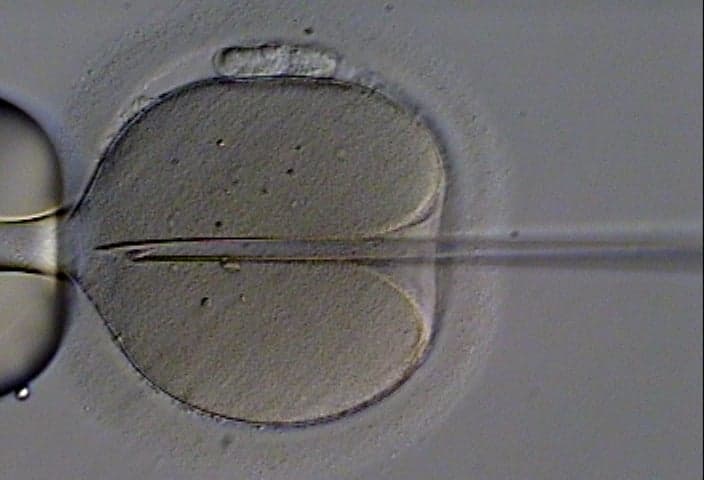Italy amends contentious fertility law

Italy's health minister Beatrice Lorenzin signed new guidelines on assisted fertility on Wednesday, updating Italy's current restrictive laws which date to 2004.
The new guidelines will come into force after being published in the Official Gazette and will amend Italy's controversial stance on assisted fertility.
The new rules will allow embryos to be genetically screened before they are implanted and will also permit the use of third-party sperm.
At present, guidelines surrounding assisted fertility are governed by Law 40, which prevents couples from screening embryos for genetic diseases before fertilization.
Speaking to Ansa, lawyer Gianni Baldini described Law 40 as “dangerous and discriminatory.”
Baldini stated that a ban on genetic screening did not provide for couples who were struggling with illness and offered women “the only alternative of abortion.”
Since 2004, Italy's laws also prevent heterologous artificial insemination – insemination that involves the use of sperm from a man who is not the woman's husband or partner.
Law 40 has been subject to repeated challenges by couples who carry genetic diseases as well as infertile couples who have argued that the laws were unfair.
In 2012, the law was rejected by the European Court of Human Rights in Strasbourg, which ruled that Italy had infringed upon two provisions laid out in the convention for the protection of human rights.
New guidelines come as welcome news for couples who might have problems conceiving and will stop them heading abroad for treatment.
The new laws will not, however, allow couples to choose the characteristics of their children.
Comments
See Also
The new guidelines will come into force after being published in the Official Gazette and will amend Italy's controversial stance on assisted fertility.
The new rules will allow embryos to be genetically screened before they are implanted and will also permit the use of third-party sperm.
At present, guidelines surrounding assisted fertility are governed by Law 40, which prevents couples from screening embryos for genetic diseases before fertilization.
Speaking to Ansa, lawyer Gianni Baldini described Law 40 as “dangerous and discriminatory.”
Baldini stated that a ban on genetic screening did not provide for couples who were struggling with illness and offered women “the only alternative of abortion.”
Since 2004, Italy's laws also prevent heterologous artificial insemination – insemination that involves the use of sperm from a man who is not the woman's husband or partner.
Law 40 has been subject to repeated challenges by couples who carry genetic diseases as well as infertile couples who have argued that the laws were unfair.
In 2012, the law was rejected by the European Court of Human Rights in Strasbourg, which ruled that Italy had infringed upon two provisions laid out in the convention for the protection of human rights.
New guidelines come as welcome news for couples who might have problems conceiving and will stop them heading abroad for treatment.
The new laws will not, however, allow couples to choose the characteristics of their children.
Join the conversation in our comments section below. Share your own views and experience and if you have a question or suggestion for our journalists then email us at [email protected].
Please keep comments civil, constructive and on topic – and make sure to read our terms of use before getting involved.
Please log in here to leave a comment.